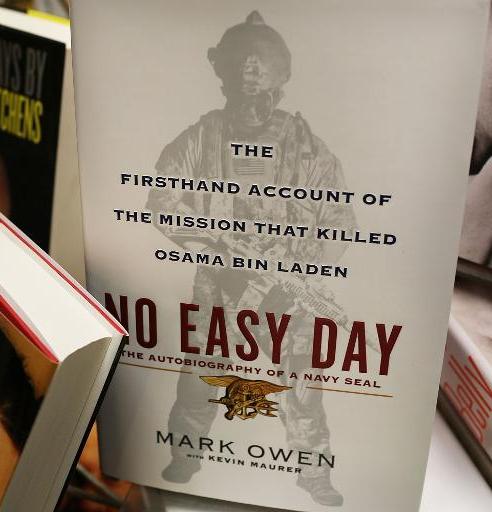Who killed Osama bin Laden? Rival claims spark debate
Is it right for special operations service members to break the code of silence and profit from their deeds? That internal debate gained intensity this week when retired Navy SEAL Robert O’Neill acknowledged that he had fired two rounds into the forehead of Osama bin Laden during the 2011 raid on his secret compound in Pakistan. In a story Thursday, The Washington Post identified him by name as he described shooting the leader of the terrorist group behind the terror attacks of Sept. 11, 2001. O’Neill told the Post that shots also were fired by two other SEAL team members, including Matt Bissonnette, who described the raid somewhat differently in his book “No Easy Day.”
[Active-duty SEALs] are pretty much very disappointed and I’d have to say angry with guys who have used their deeds and those of their companions for personal gain.
Rick Woolard, a former SEAL team commander
Defense Department officials confirmed that O’Neill was a member of SEAL Team Six and was part of the raid, but they said they could not confirm who fired the fatal shot, noting that other SEALs on the mission also fired at bin Laden. Multiple military officials and fellow SEALs have also said that it was a third person who fired the first shot that felled the terrorist leader. The actions of both O’Neill and Bissonnette have drawn scorn from some of their colleagues. But one active-duty SEAL officer said some SEALs had grown accustomed to some of their members seeking to profit from their connections to the elite group, upon retirement.
Whatever that [SEALs] ethos is, is between the SEALS. The 9/11 families are the beneficiaries of any rules he might have broken or whatever lines he might have crossed.”
Debra Burlingame, whose brother Charles perished on 9/11

Americas bin laden